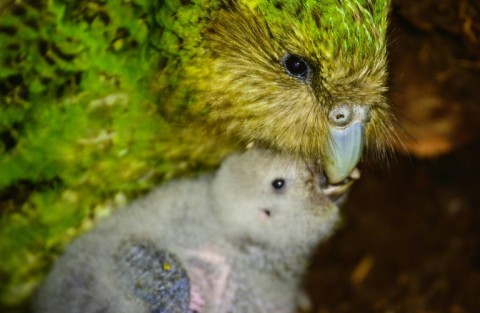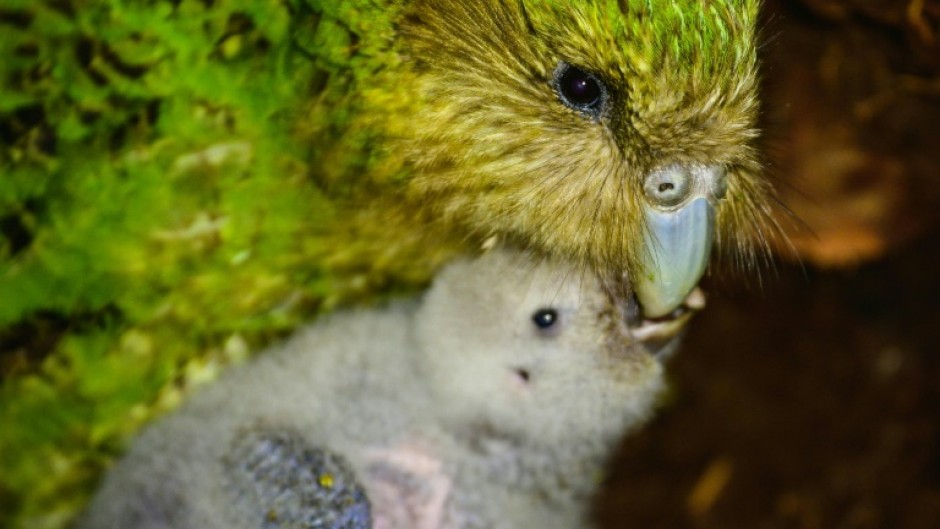
WELLINGTON - The world's fattest parrot can't fly, and now it can't run either.
Voting began on Monday in New Zealand's always-controversial Bird of the Year contest, with angry twitchers spitting feathers at a decision to ban the twice-winning kakapo.
The beguiling owl parrot -- which resembles a verdant feathered bowling ball -- already won the contest in 2008 and 2020, and came runner up in 2021.
The kakapo was a favourite to win this year, scoring an endorsement from natural history icon David Attenborough, who described it as "loveable" and his favourite New Zealand bird.
But faced with a campaign of such soaring pedigree, organisers said they wanted to give less popular birds a chance.
"The decision to leave kakapo off this year's candidate list wasn't one we took lightly," Ellen Rykers, a spokesperson for environmental group Forest and Bird, told AFP.
"We know how much people love the kakapo. Bird of the Year is about raising awareness for all of New Zealand's native birds, many of which are in serious trouble," she said.
"We want to keep the competition fresh and interesting, and share some of the spotlight," Rykers added.
"It wouldn't be Bird of the Year without a few ruffled feathers."
New Zealand's Bird of the Year contest has proven highly contentious over the years.
Past polls have been beset with irregularities -- from a suspicious number of Russian votes to neighbouring Australians openly attempting to rig the contest.
The reigning champion is the pekapeka-tou-roa -- a bat.
This time around, Facebook pages have been set up to champion the takahe, described by fans as a "chonky swamp hen" and the kea -- which also looks like a verdant feathered bowling ball.
But as voting got underway, Kakapo's online fans insisted the ban won't fly.
"Bird of the Year is so woke", said Martyn Bradbury, suggesting the kakapo had been "cancelled" and the contest had become a "participation award" for ugly birds.
A kakapo expert from New Zealand's Department of Conservation said it was important to allow other species to compete for the coveted Bird of the Year title.
"New Zealand has lots of fantastic birds, but unfortunately most of them are endangered," community manager Louise Porter told AFP.
"There is a lot of publicity from winning bird of the year. Anything which gets the public engaging with conservation is a good thing."

